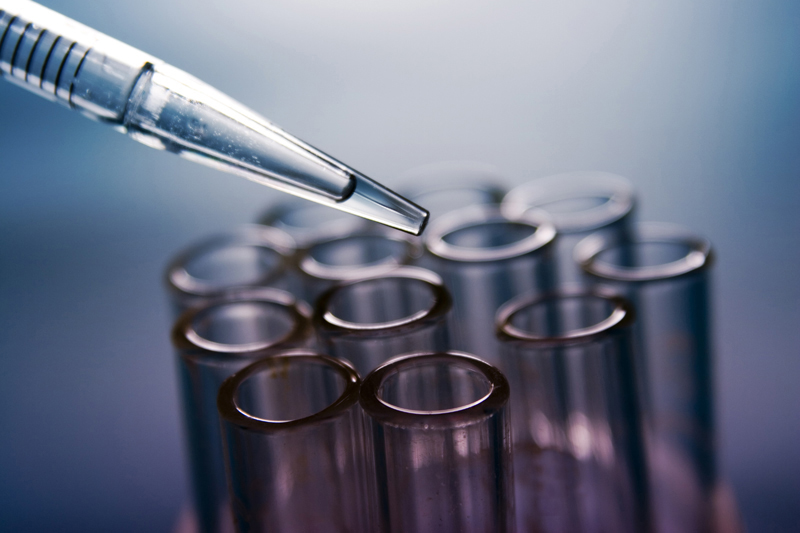University of Pennsylvania spinout EpiVario, an early-stage drug discovery venture looking at psychiatric treatments, announced this week it secured a license from the Ivy League school to develop drugs worldwide based on its novel approach to genetic targeting.
Based on the research of Penn epigeneticists Shelley Berger and Philipp Mews, the company is working to find new, more effective ways to treat ailments such as PTSD, Alzheimer’s, and alcohol and drug addiction.
“Securing this exclusive license was a key element in our strategy to be the first to bring this treatment to market with strong patent protection,” said CEO Thomas Kim. “We look forward to working with Dr. Berger and her research team to continue to hit milestones on our way towards Phase I clinical trials in 2020.”
The news comes at the heels of a $445,000 seed round raised by the company at the end of last year from angel investors. The funds will support the development of new medical treatment, hire additional research staff and support the first phase of preclinical research milestones.
Kim said the company was eager to continuing its research as a way to mitigate the effects of memory-related conditions on the millions of Americans diagnosed with conditions like PTSD, especially among veterans.
“We are seeing an increasing number of PTSD diagnoses, particularly within the military, yet we continue to lack an effective treatment,” Kim said. “We look forward to continuing our research in an effort to reduce the effects of memory-related conditions, which have an extreme detrimental impact on the quality of life for both patients and their loved ones.”
For those of you interested in the nuts and bolts of the company’s tech, here’s the plain-speak explanation: EpiVario is looking to successfully target a gene that plays a role in memory-related psychiatric conditions. The hope is to disassociate the stress response linked to traumatic events, thus preventing the process of negative memory formation.
The company already completed a proof of concept for its technique which was tested on mice. For a deeper dive, read the cofounders’ paper on the matter, published by “Nature” in June 2017.







